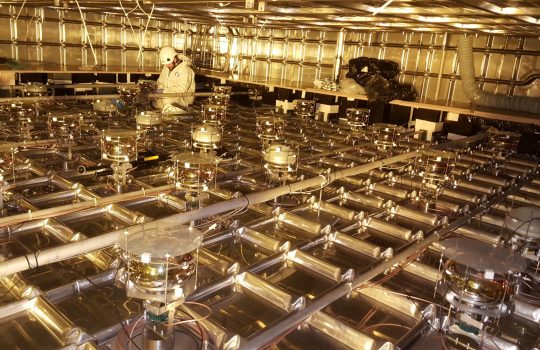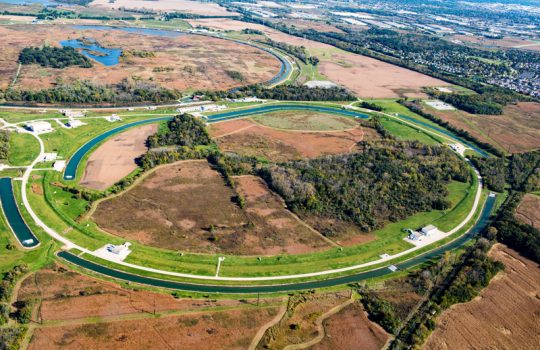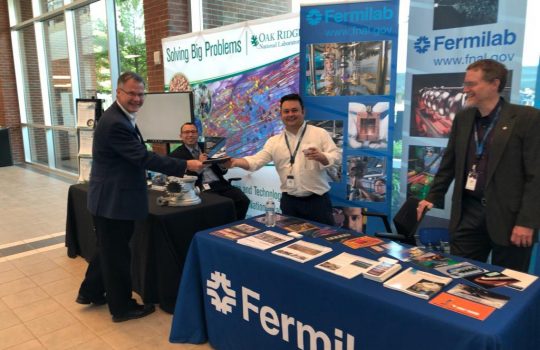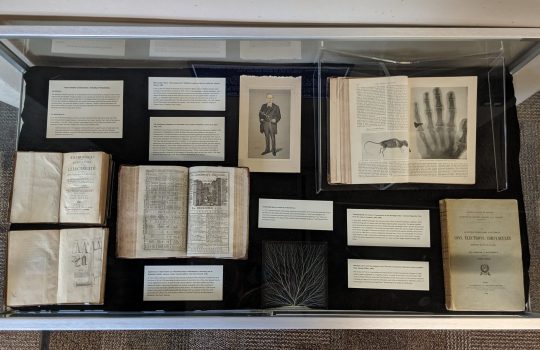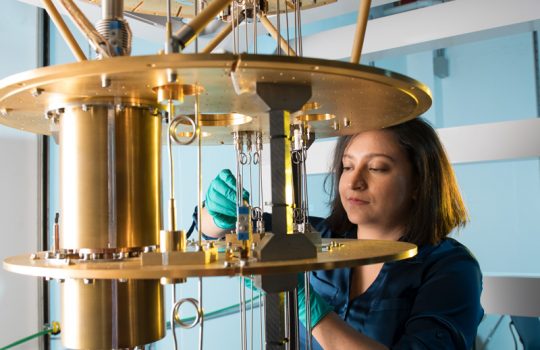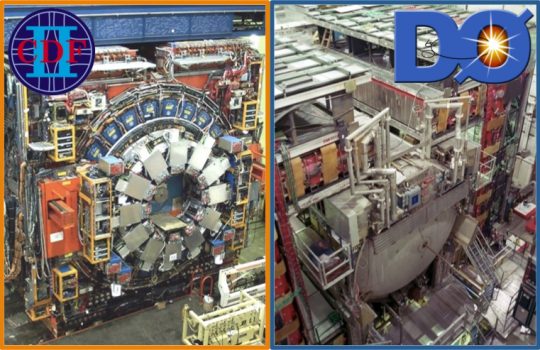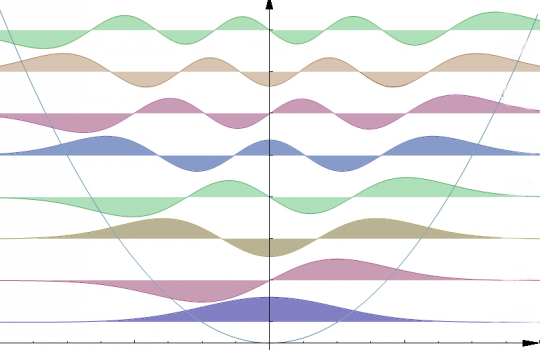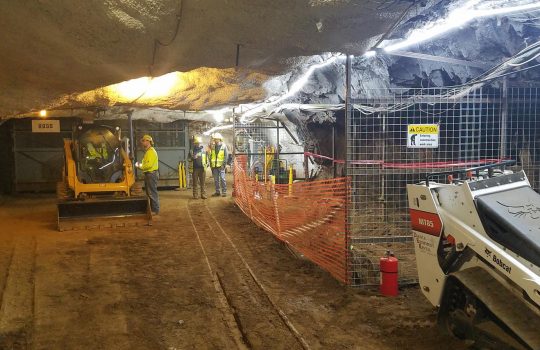The enduring collaboration between Spain and Fermilab
- Autonomous University of Madrid
- Canfranc Underground Laboratory
- CDF
- CIEMAT
- Dark Energy Survey
- Deep Underground Neutrino Experiment
- DES
- DUNE
- dune-international
- Institute for High Energy Physics
- international engagement
- international relations
- internationality
- NEXT
- ProtoDUNE
- SBN
- SBND
- Short-Baseline Near Detector
- Short-Baseline Neutrino program
- Spain
- University of Barcelona
For over two decades, Spanish institutions have been collaborating with Fermilab. From the Tevatron era to the lab’s current neutrino experiments, Spain has made important contributions.

